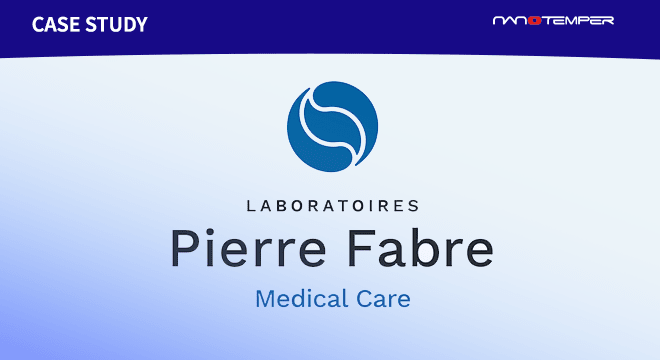Venkataramani, S., Ernst, R., Derebe, M.G., et al.
Scientific Reports 2020, vol: 10 doi: 10.1038/s41598-020-66636-z
In this publication, the biophysics group at Janssen found a monoclonal antibody (mAb) that acted as a highly specific target for prostate cancer. This mAb was derived from animal transgenic models, and as a result, there were “unusual residues” that negatively impacted stability. They turned to antibody engineering to create a large library of candidates without these unusual residues and screened it for a more stable therapeutic candidate.
4 key takeaways from this publication:
1. To ensure more stable, effective therapies mAb therapeutics derived from animal transgenic models should be investigated for their stability properties and ‘unusual residues’ – residues from the animal parent that potentially require mutation to further humanize the mAb
2. It is critical to review the immunogenicity scores on animal transgenic model-derived mAbs, and to use this as criteria for developability
3. The group choose Energy of unfolding (ΔG) as their method for assessing protein stability at temperature equilibrium
4. Prometheus NT.Plex enabled rapid screening of ΔG of the mAbs engineered for reduced immunogenicity; that information was used to select a more optimal candidate than the original mAb
Read how Prometheus is impacting Dr. Venkataramani's team's work
Topics: Prometheus – nanoDSF, Publications


















